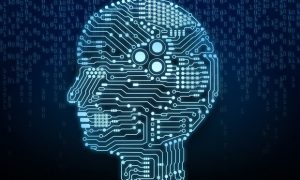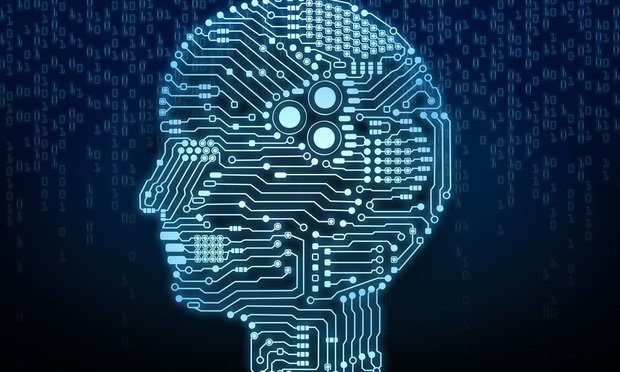By Annalisa Gobin
It is no surprise that the pandemic has paved way for numerous advancements in medicine and technology. However, it may be surprising that much of this progress has been spearheaded by the new technology itself.[1] Artificial Intelligence is reported to have played a role in numerous inventions throughout the pandemic, including having a hand in the development of Covid-19 vaccines.[2] Artificial intelligence’s new role in developing materials, manufacturing processes, pharmaceutical drugs, and software has sparked debate in the legal community on several points: (1) whether AI can be considered an inventor under patent doctrine, (2) if so, should AI be able to obtain patents on the products and technology it created, and (3) whether granting AI patents would eventually lead to the extinction of patent law.[3]
AI has been credited with the development of various products with an uptick of innovation occurring during the pandemic, especially in the medical field.[4] Artificial Intelligence can now read chest X-rays at the level of a doctor and has developed sophisticated algorithms that can collect global data for the purpose of Covid-19 contact tracing.[5] Notably, AI technology and machine learning helped to gather data necessary to produce the Johnson and Johnson Covid-19 vaccine.[6]
However, the idea that AI technology should be able to obtain patents for its work was rebuffed in the recent case, Thaler v. Hirshfeld, which was heard in the U.S. District Court for the Eastern District of Virginia.[7] In Thaler, a federal judge ruled that only a human can be an inventor under U.S. law.[8] The judge reasoned that patent applicants are required to take an oath and that patent doctrine refers to inventors as “individuals,” which is defined in dictionaries as a natural person.[9]
Critics argue that the creations made by AI technology would easily qualify for patents if they had been made by humans and that other countries have already begun to patent AI inventions.[10] They argue that refusal by the USPTO to grant AI patents could lead companies to develop groundbreaking AI technology overseas, rather than in the United States.[11]
If the debate were ever to finish in the favor of AIs being suitable patent applicants, it could lead to a decline of human-made inventions, and as result, diminished need for the majority of current patent law.[12] Further, the refusal to acknowledge AI as inventors may itself lead to the breakdown of present patent law, if it leads to the rise of inventions that cannot be patented.[13] However, it is unlikely that patent law would become entirely extinct, instead the need to fill in these new silences in the law on AI inventions would lead to a dramatic reform of patent law.[14]
With appeals to Thaler v. Hirshfeld pending, we may soon have an answer to whether AI has secured its new gig as inventor. Pending the reform of current law, patent lawyers may want to follow its lead on trying their hand at something new.
[1] AI, COVID-19 and the long haul, Nat. Mach. Intell. (Mar. 18, 2021), https://www.nature.com/articles/s42256-021-00328-9.
[2] Id.
[3] Ryan Abbott, I Think, Therefore I Invent: Creative Computers and the Future of Patent Law, 57 B.C.L. REV. 1079, 1091 (2016).
[4] Tanveer Syeda-Mahmood, IBM AI algorithms can read chest X-rays at resident radiologist levels, IBM RESEARCH BLOG (Nov. 4, 2020), https://www.ibm.com/blogs/research/2020/11/ai-x-rays-for-radiologists/.
[5] Stephanie A. Harmon et. al., Artificial intelligence for the detection of COVID-19 pneumonia on chest CT using multinational datasets, 11 Nat. Comm. 1, 2 (2020).
[6] Terri Park, Behind Covid-19 vaccine development, M.I.T. News (May 18, 2021), https://news.mit.edu/2021/behind-covid-19-vaccine-development-0518.
[7] Thaler v. Hirshfield, 2021 WL 3934803 (E.D. Va. Sep. 2, 2021).
[8] Id.
[9] Id.
[10] Tim W. Dornis, Artificial Intelligence and Innovation: The End of Patent Law as We Know It, 23 Yale L.J. 97, 150 (2020).
[11] Id. at 97.
[12] Id.
[13] Id. at 103.
[14] Id.

Image source: https://www.law.com/legaltechnews/2021/02/19/with-ai-technology-legal-is-finding-out-the-sky-isnt-the-limit/?slreturn=20210828184359
